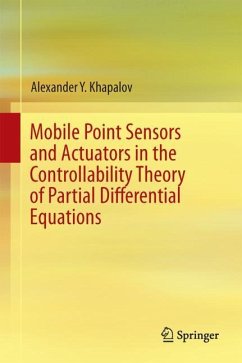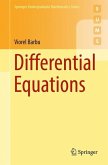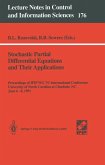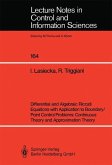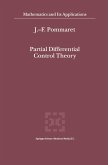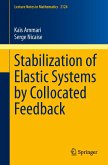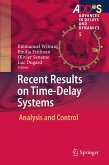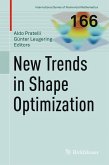This book presents a concise study of controllability theory of partial differential equations when they are equipped with actuators and/or sensors that are finite dimensional at every moment of time. Based on the author's extensive research in the area of controllability theory, this monograph specifically focuses on the issues of controllability, observability, and stabilizability for parabolic and hyperbolic partial differential equations. The topics in this book also cover related applied questions such as the problem of localization of unknown pollution sources based on information obtained from point sensors that arise in environmental monitoring. Researchers and graduate students interested in controllability theory of partial differential equations and its applications will find this book to be an invaluable resource to their studies.
"The monograph under review constitutes an extremely valuable contribution to the research related to pointwise sensors and actuators, both static and mobile. It has been written by a renowned expert in this extremely challenging area. ... it is accessible to graduate students in applied mathematics, engineering and physics. Due to mathematical rigor, its reading is also recommended to more advance practitioners who aim at implementing control or observation strategies using mobile sensors or actuators." (Dariusz Ucinski, Mathematical reviews, September, 2018)

